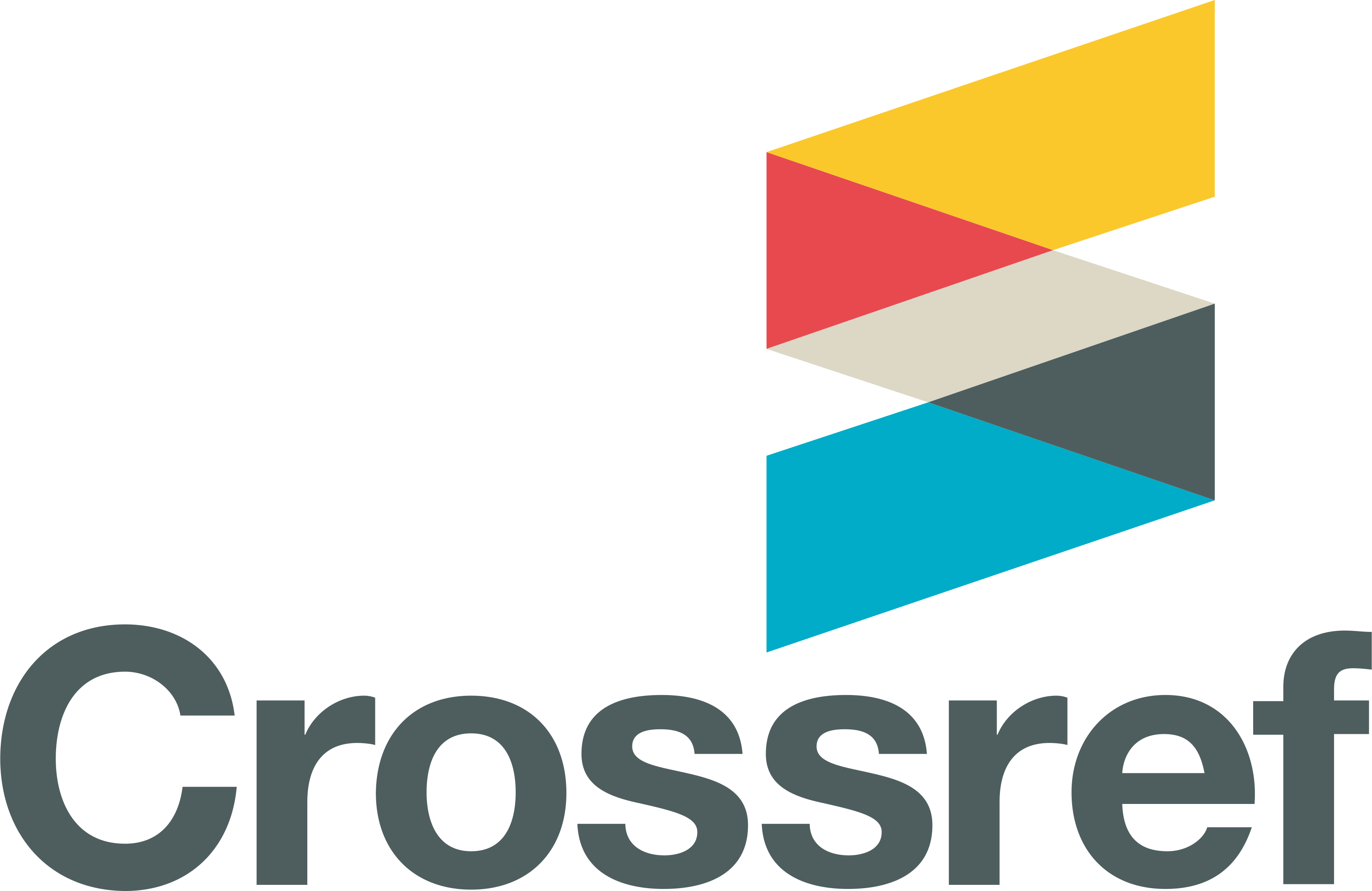Awareness and Practices on Domestic Wastewater Sanitation of Select Coastal Barangay in Surigao City, Philippines
Keywords:
Septage, Coastal Tourism Area, Surigao CityAbstract
Some pollution point sources causing health concerns in coastal and freshwater are from domestic sewage discharge, which include septic tanks that function in the primary sewage treatment process. Septic tanks are important in wastewater sanitation and should work effectively if properly installed and maintained. This study aims to determine the level of awareness on wastewater and sanitation practices of the communities in the prime coastal tourism area in Surigao City. A face-to-face interview with 425 respondents and a key informant interview with a government office representative is employed. Indicators for the level of awareness were assessed using the Likert scale. Participants rated from 1 (not aware) to 4 (highly aware) to the indicators presented and asked to describe their conditions and practices related to sanitation. The overall mean of the respondent's level of awareness is 2.98, interpreted as high. The strongest level of awareness is the improper septage management can cause water-related diseases, and the lowest level of awareness is that septic tanks should be regularly desludged. Respondents know that it is the LGUs’ obligation to manage or improve water quality (76.9%), and it is their obligation to support wastewater sanitation programs (80.9%). Almost all (99.1%) have private toilets with a pour-flushing type. Chlorine is commonly used for cleaning, and 98.1% of the respondents installed septic tanks as their household disposal facility. Respondents encountered no issues relating to waterborne illnesses, pollution of their drinking water, and beach waters in their locality. LGUs design strategies and undertake activities to improve sanitation practices by enacting a sewage treatment and septage management ordinance. The LGU can pass an ordinance requiring residents with septic tanks that have been in use for at least five years to desludge them using private service providers in the city. Effective social and educational efforts and policy interventions must be developed for the long-term protection of water resources and the strengthening of strong local governance in the coastal tourism area.
Downloads
Published
How to Cite
Issue
Section
License
Copyright (c) 2021 Meycel Amarille, Catherine Balomaga

This work is licensed under a Creative Commons Attribution-NonCommercial 4.0 International License.




